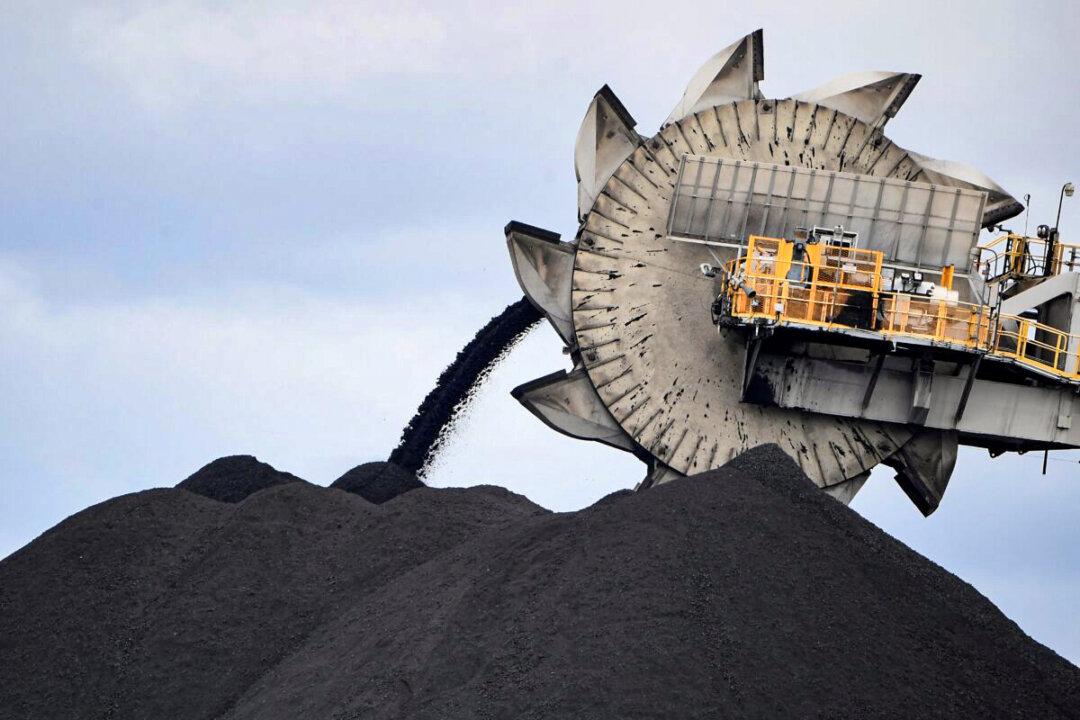Australia may soon be able to export coal to China again after the federal government acknowledged the possibility of resuming coal trade relations with its largest trade partner.
Following the emergence of reports that Beijing allegedly allowed some state-owned companies to import coal from Australia, the Australian Department of Foreign Affairs and Trade said a resumption of normal trade would benefit the two countries.





